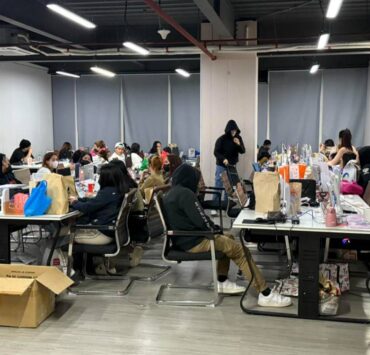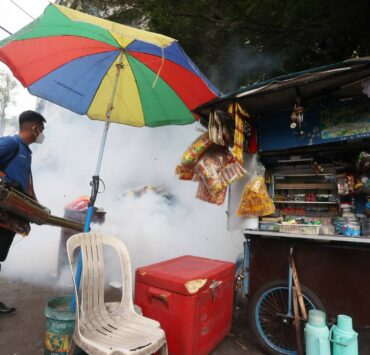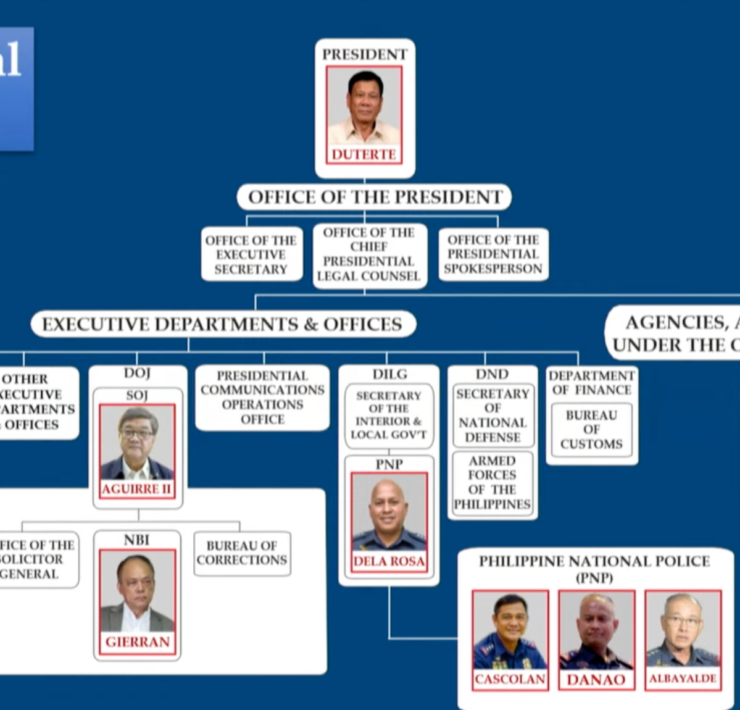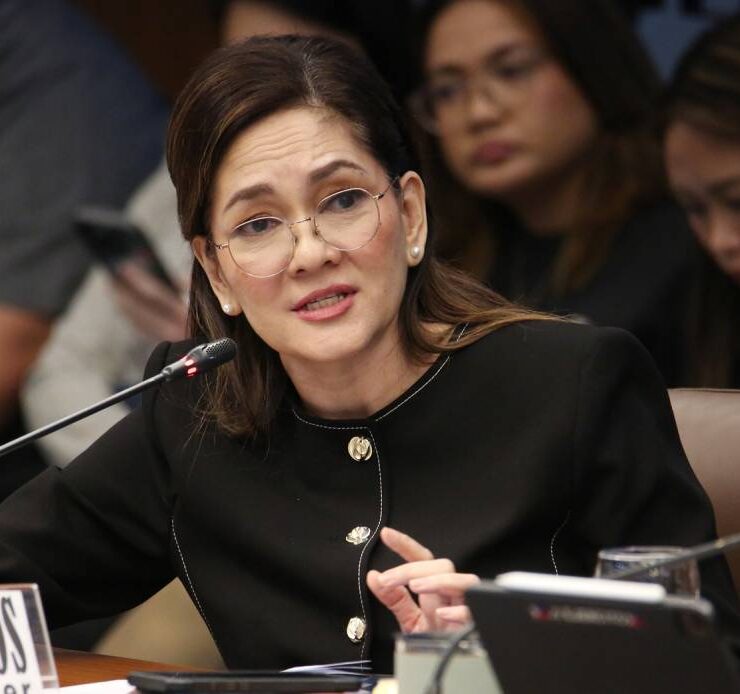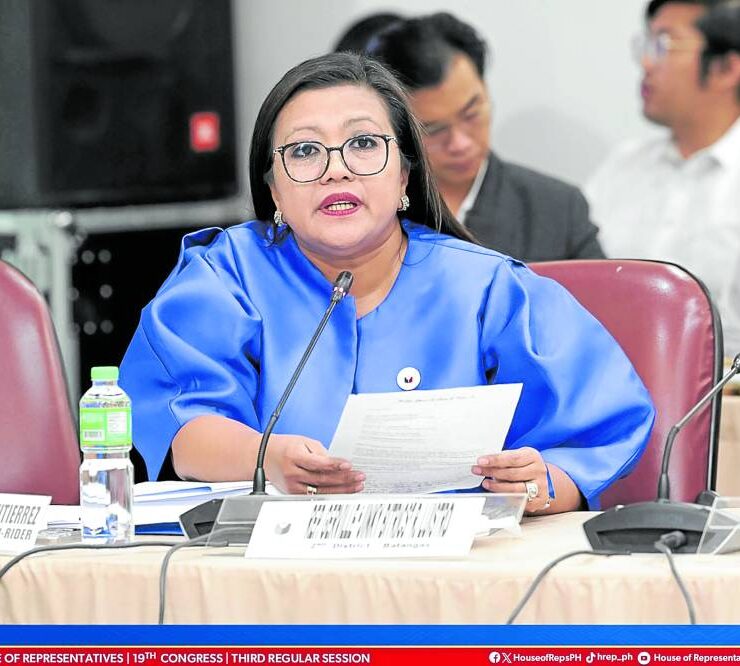Chiz: Will ask peers if they want caucus on Sara trial
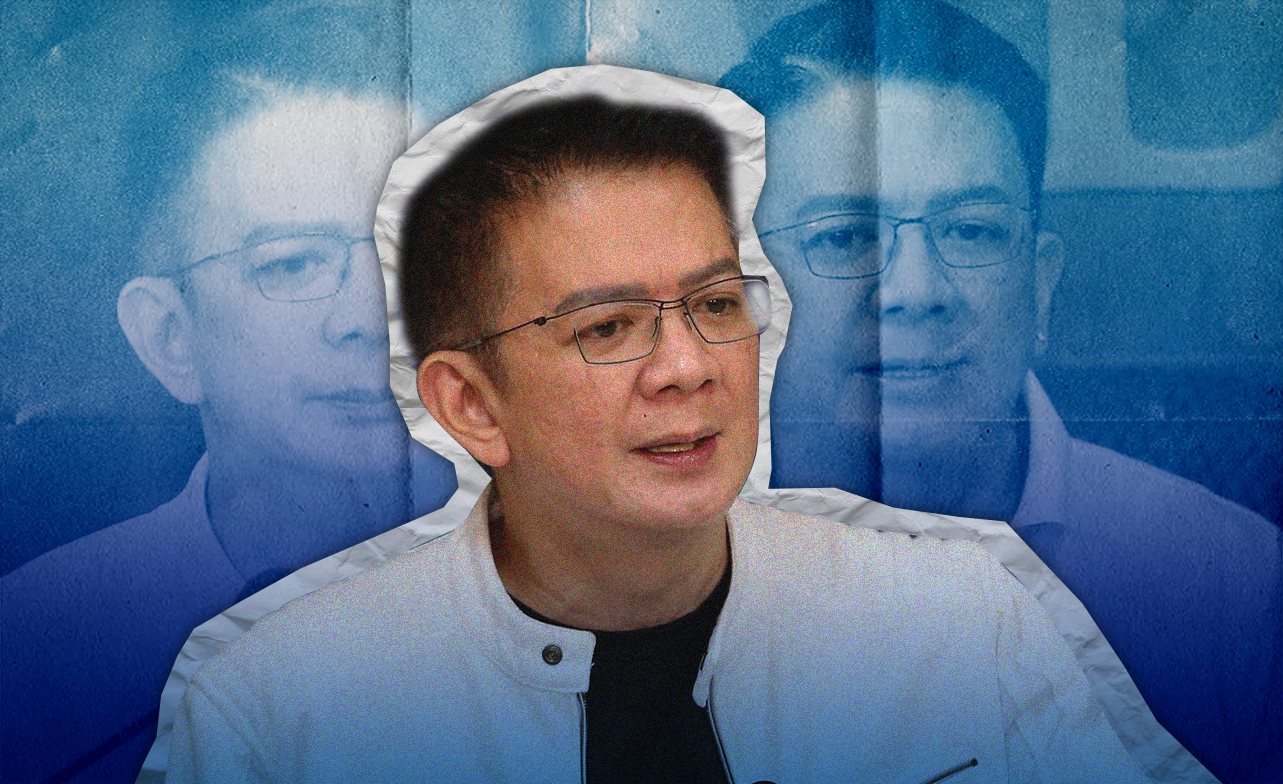
- Senate president Chiz Escudero is singing a slightly different tune — from outright refusal before to start the impeachment trial of VP Sara Duterte, he now says he’ll talk to his Senate peers on the matter. Seven senators have been busy with their reelection bids for the May 12 midterm polls.
- Two House leaders on Friday criticized Escudero for hesitating to convene the impeachment court and for justifying his stance by pointing to what he said was a lack of “clamor” to start Duterte’s trial.
- But Escudero belied an allegation by lawyer Howard Calleja of the group 1Sambayan that he had committed a “constitutional breach” in supposedly flouting the Charter’s provision to immediately act on an impeachment complaint.
The presiding officer of what would be the Senate impeachment court on Friday said he would talk with senators on whether they wanted to hold a caucus during the legislative recess to discuss impeached Vice President Sara Duterte’s looming trial as proposed by Senate Minority Leader Aquilino “Koko” Pimentel III.
But Senate President Francis “Chiz” Escudero said he disagreed with Pimentel’s statement that the senators could start the trial proceedings as early as March “by simply agreeing among ourselves to do so.”
“This may bring our actions into question before the courts. Prudence, as they say, is the better part of valor,” he told the Inquirer.
Pimentel said the Senate should not wait for the 19th Congress to resume its regular session on June 2 before convening the impeachment court.
Escudero had repeatedly said that senators would have to wait until their return to the plenary before officially acting on the articles of impeachment, which the House of Representatives transmitted to the Senate on its last session day on Feb. 5.
Speaking at a news briefing on Wednesday, he said there were only two things that would prompt them to proceed with Duterte’s trial during the congressional break—President Marcos calling for a special session of Congress or the Supreme Court granting a mandamus petition by a lawyer.
However, Escudero said the senators may still opt to defy the high tribunal’s ruling since the impeachment was “clearly a political process.”
As to Pimentel’s suggestion to hold an all-member caucus during the break, he said that would depend on the availability of the senators.
Seven senators have been busy with their reelection bids for the May 12 midterm polls since the official campaign period started on Feb. 11.
More jeers from House
Two House leaders on Friday criticized Escudero for hesitating to convene the impeachment court and for justifying his stance by pointing to what he said was a lack of “clamor” to start Duterte’s trial.
House Assistant Majority Leader and Ako Bicol Rep. Angelo “Jil” Bongalon and Deputy Majority Leader and Tingog Rep. Jude Acidre said it was the Senate’s constitutional duty to begin the trial without delay.
“Whether there is ‘clamor’ or not, the Constitution is clear that we have an obligation, duty to convene as the Senate sitting as the impeachment trial court,” said Bongalon, one of the 11 House prosecutors for Duterte’s trial.
Acidre said the 240 congressmen who signed the impeachment complaint, nearly 80 percent of the House members, already represented a “sizable number” of the population calling for Duterte’s impeachment.
“I don’t think it’s fair to the democratic process to have to wait for certain mobilizations to be able to discern the will of the people,” he added.
Not a cheering contest
Escudero on Wednesday said that there was only one petition in the Supreme Court and three letters to him asking him to start the impeachment trial. “Is that ‘clamor?’ I don’t think so,” he said.
ACT Teachers Rep. France Castro on Thursday lambasted Escudero for delaying the impeachment trial, saying that it was a disservice to the nation.
“Senate President Escudero misses the point entirely when he asks ‘what clamor?’ This is not a cheering contest but a matter of constitutional duty,” she said.
Acidre said the constitutional provision to start the trial “forthwith” was “already the call.”
“You don’t need any other initiative from either the Executive or the Supreme Court for the Senate to undertake their constitutional duty,” he added.
That’s Calleja’s ‘opinion’
He also pointed out that the Senate convenes even without a special session when deciding to approve a martial law declaration, which is a nonlegislative matter like an impeachment trial.
Escudero also on Friday belied an allegation by lawyer Howard Calleja of the group 1Sambayan that he had committed a “constitutional breach” in supposedly flouting the Charter’s provision to immediately act on an impeachment complaint.
Pimentel, 1Sambayan and former Bayan Muna Rep. Neri Colmenares had sent separate letters reminding the Senate president that Article XI, Section 3 of the 1987 Constitution states that the “trial by the Senate shall forthwith proceed” after receiving the verified complaint against an impeachable official.
“While I respect Calleja’s opinion, he does not have a monopoly of all legal knowledge to accuse anyone of anything,” said Escudero, who is also a lawyer and a former law professor.
“Further, as I have stated before, I will not dignify nor listen to partisan legal opinions or positions for or against (the) impeachment of (Duterte). I will follow the law and what I believe to be right and fair,” he said.
The Senate president earlier explained that he was just being cautious with his actions so as not to be accused of partiality.
Just being careful
According to Escudero, he agreed with Pimentel and some legal experts that he may start asking Duterte, the country’s first vice president to be impeached for allegedly violating the Constitution, and other parties to submit certain documents.
“I’m just being careful because while there’s a provision in our rules that ‘the Senate President shall take proper order of the subject of impeachment,’ the extent of this power is not clear,” he noted.
“That’s what I want to expound in our rules because I don’t want to give the accused any reason to file a petition in the Supreme Court and provide the Supreme Court an opportunity to get involved in a clearly political process,” he added. —WITH A REPORT FROM KRIXIA SUBINGSUBING














